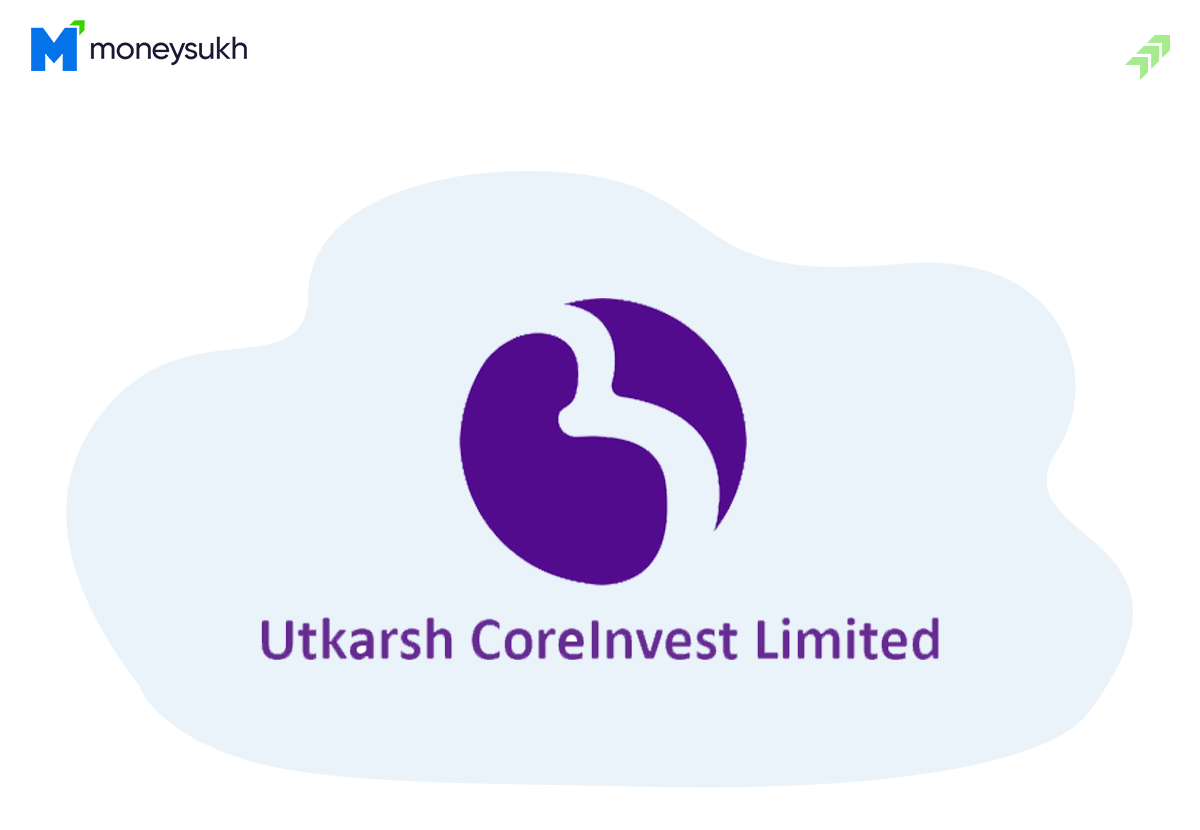Lord’s Mark Unlisted Shares: A Promising Investment Opportunity

25-1-2025
Understanding Unlisted Shares
Unlisted shares refer to shares of companies that are not listed on stock exchanges like the NSE or BSE. These shares are traded in the over-the-counter (OTC) market and often present an excellent opportunity for investors to be part of a company’s growth story before it goes public. Investing in unlisted shares can be a strategic move to diversify your portfolio, access unique businesses, and potentially benefit from future IPOs or acquisitions.
4. Strong Corporate Values
Lord’s Mark adheres to a set of core values that define its identity:
Integrity: Ensuring transparency and ethical practices in every aspect of the business.
Excellence: Striving for perfection in products, services, and customer experience.
Sustainability: Promoting environmentally friendly practices to contribute to a greener future.
5. Social Responsibility
Lord’s Mark is equally committed to giving back to the community. Through various CSR initiatives, the company actively supports education, healthcare, and environmental conservation, making a meaningful difference in people’s lives.
Why Invest in Lord's Mark Unlisted Shares?
The unlisted shares of a company like Lord's Mark can give you access to great opportunities. Diversified business portfolios, sustainability focus, and innovation have made Lord's Mark a trustworthy name in a variety of sectors. Here's why you should invest in Lord's Mark unlisted shares:
1. Diversified Business Operations
Lord's Mark operates in high growth sectors like renewable energy, healthcare, technology, and manufacturing. Its diversified portfolio reduces dependence on a single sector that makes the risks spread while ensuring maximum growth.
2. Sustainable Growth Rate
Its consistent performance in business and an intent to expand, Lord's Mark is showing remarkable resilience and adaptability. Since the company continues to explore emerging markets and industries, promising growth prospects lie in store for the investors.
3. Early-Stage Investment Advantage
Investing in unlisted shares provides an opportunity to join the company's growth journey at an early stage. By investing before a potential IPO, you could benefit from substantial capital appreciation when the company goes public.
4. Innovation-Driven Approach
Lord's Mark is known for innovation and sustainability. From eco-friendly manufacturing to the latest technologies, the company is well poised to meet the changing needs of global markets, creating long-term value for shareholders.
5. Ethical and Sustainable Practices
Sustainability and social responsibility are an essential part of Lord's Mark operations. With a strong commitment to eco-friendly initiatives and community welfare, the company's reputation fortifies in the eyes of investors seeking investment opportunities with due regard for social responsibility.
6. Strong Potential for Returns
Unlisted shares are risky but may also result in handsome returns. The implementation of Lord's Mark business strategy, coupled with its focus areas on growth-oriented sectors, increases the possibility for good results both financially and for investors.
7. Leadership Team with Much Experience
This company is guided by an experienced and visionary leadership team that has a proven record of successfully handling complex business operations. Their vast experience ensures Lord's Mark continues on the track of sustainable growth and profitability.
8. Prospects for Listing on the Exchange in the Future
The potential for Lord's Mark to go public in the future adds to the attractiveness of its unlisted shares. An IPO could result in higher valuations, providing investors with a lucrative exit opportunity.
It will provide an opportunity to be a part of the company with strong foundation, innovative thinking, and sustainable practices. Investment in unlisted shares always involves risks; however, in the case of Lord's Mark, the prospects for growth and diversified operations make it a very appealing choice for a forward-thinking investor.
How to Invest in Lord's Mark Unlisted Shares
Investing in unlisted shares like those of Lord's Mark can be a very lucrative opportunity for long-term growth. The process, however, is quite different from buying listed shares and demands a more strategic approach. Here is a step-by-step guide to help you navigate the investment process:
1. Understand Unlisted Shares
Familiarize yourself with how unlisted shares work before investing. Unlisted shares are not traded on public stock exchanges, meaning their liquidity, valuation, and risks are all different from those of listed shares. Be comfortable with these aspects.
2. Research Lord's Mark
Do thorough research about Lord's Mark as a company. Consider the following factors:
1.Business model and diversified operations.
2.Financial performance and growth trajectory.
3.Leadership team and their expertise.
4.Industry presence and future prospects.
This will enable you to determine if the company fits your investment objectives.
3. Choose a Trustworthy Source
Most unlisted shares are sold through intermediaries including:
Private brokers or dealers: They specialize in buying and selling unlisted shares.
Wealth management firms: They often give access to unlisted investment opportunities.
Company employees or shareholders: Shares may be sold through buybacks or private arrangements.
The source should be trustworthy and with a good reputation in the market.
4. Evaluate the Valuation
Because unlisted shares do not have a normalized market price, valuation can become a bit more complicated. Take time to engage with financial advisors or experts to ascertain that you are investing at the right price. Use metrics like earnings, revenue, and potential growth to figure out the intrinsic value of the share.
5. Fulfill KYC and Compliance Needs
To invest in unlisted shares, you’ll need to fulfill the Know Your Customer (KYC) requirements. Documents like your PAN card, Aadhaar card, and proof of address may be required. Make sure the transaction complies with all legal and regulatory norms.
6. Make the Investment
Once you’ve completed due diligence and agreed on the valuation, proceed with the investment:
Transfer the funds to the seller or intermediary.
Receive the share transfer document and ensure the shares are credited to your demat account.
Retain all transaction records for future reference.
7. Monitor Your Investment
After purchasing unlisted shares, keep an eye on the company’s performance and industry developments. Periodically review your investment’s value and be prepared for long-term holding, as liquidity options may be limited until a liquidity event like an IPO or buyback occurs.
8. Plan Your Exit Strategy
Some of the exit opportunities available for unlisted shares are:
IPO: If Lord's Mark becomes public, then the shares can be sold in the stock exchange.
Private sale: Selling the shares to another investor or back to the company
Buyback program: Participate in case the company offers its buyback program.
Having an easy exit will be helpful for maximizing returns when the time arises.
Investing in the unlisted shares of Lord's Mark requires careful planning and thorough research and understanding of the risks involved. These steps coupled with a glance from a financial expert will help you make informed decisions and enjoy better returns in your investment through the growth and success of this brand.
Key Considerations for Investing in Unlisted Shares
Investing in unlisted shares can be a lucrative opportunity, but it requires careful planning and a thorough understanding of the risks involved. Below are some key considerations to keep in mind before venturing into this investment space:
1. Liquidity Constraints
Unlisted shares are not traded on stock exchanges, which means they lack the high liquidity of listed shares. Selling unlisted shares may take time and may depend on finding a willing buyer in the over-the-counter (OTC) market. Investors should be prepared for a longer holding period.
2. Valuation Challenges
Unlike listed shares, unlisted shares don’t have a standardized market price. Their valuation depends on factors such as the company’s financial performance, growth prospects, and demand among private investors. It is essential to assess the fair value of the shares before investing.
3. Regulatory Risks
Unlisted shares are not subject to the same level of regulatory oversight as listed ones. This lack of transparency can increase the risk of fraud or misrepresentation. Investors must conduct due diligence to ensure the company’s legitimacy and compliance with applicable laws.
4. Limited Financial Information
Unlisted companies are not obligated to disclose detailed financial statements or quarterly reports, making it difficult for investors to assess the company's financial health. Evaluating the company’s profitability, debt levels, and growth trajectory is crucial.
5. High Risk, High Reward
Investments in unlisted shares often carry higher risks due to the early-stage nature of many companies in this market. However, if the company performs well or goes public through an IPO, the returns can be significant. Balancing the risk-reward ratio is key.
6. Tax Implications
Investors should be aware of the tax implications of investing in unlisted shares. In many jurisdictions, these investments may attract higher capital gains tax rates, depending on the holding period. Consulting a tax advisor is recommended.
7. Long-Term Investment Horizon
Unlisted shares are typically suited for investors with a long-term investment horizon. These shares may take years to realize their full potential, especially if the company plans to go public in the future.
8. Due Diligence is Critical
Thorough due diligence is essential when investing in unlisted shares. Investors should evaluate the company’s:
Business model and market potential.
Management team and their track record.
Financial stability and future growth plans.
9. Exit Strategy
Having a clear exit strategy is vital when investing in unlisted shares. This may include selling shares to another investor, participating in a buyback program, or waiting for the company to go public.
10. Diversification
To mitigate risks, investors should diversify their portfolio by investing in a mix of unlisted and listed shares across various sectors. This helps balance potential gains and losses.
Conclusion
Investing in Lord’s Mark unlisted shares requires careful planning, thorough research, and an understanding of the risks involved. By following these steps and consulting with financial experts, you can make informed decisions and potentially benefit from the growth and success of this trusted brand.






















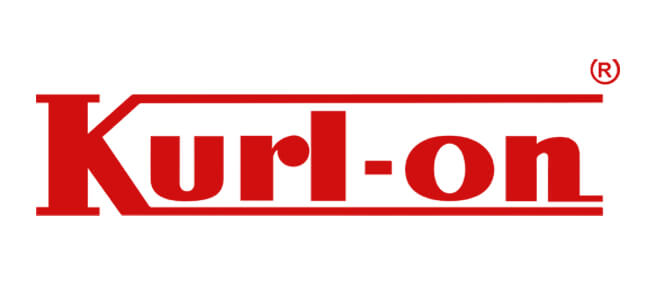





%20Limited%20logo.png)

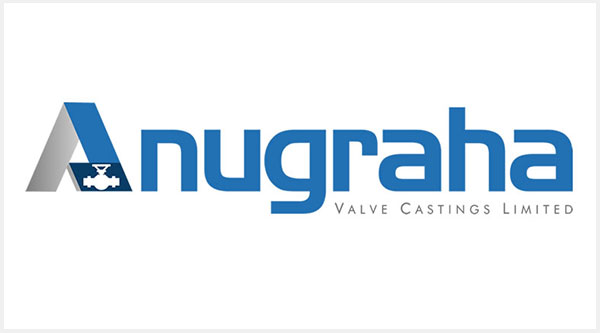






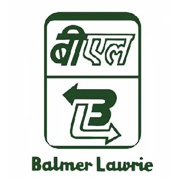











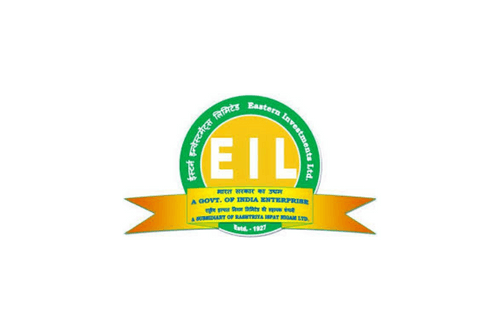





















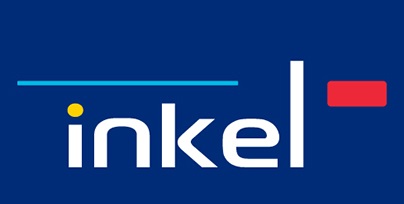



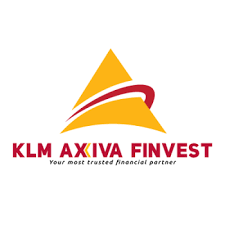











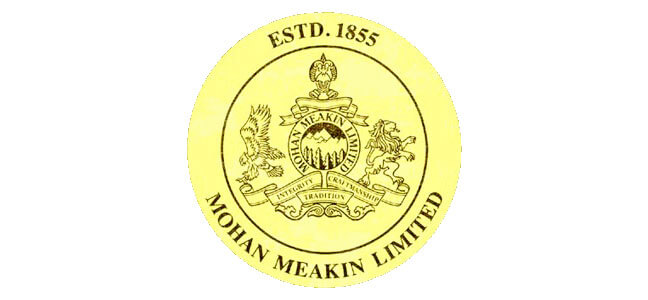











 logo.png)




 logo.png)








